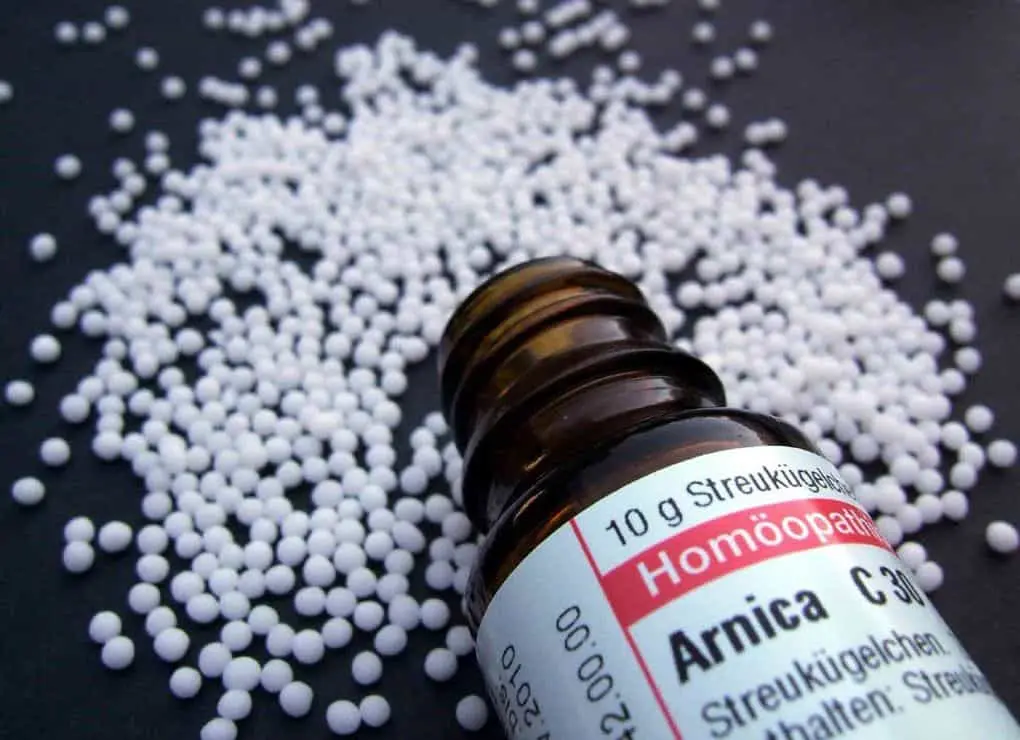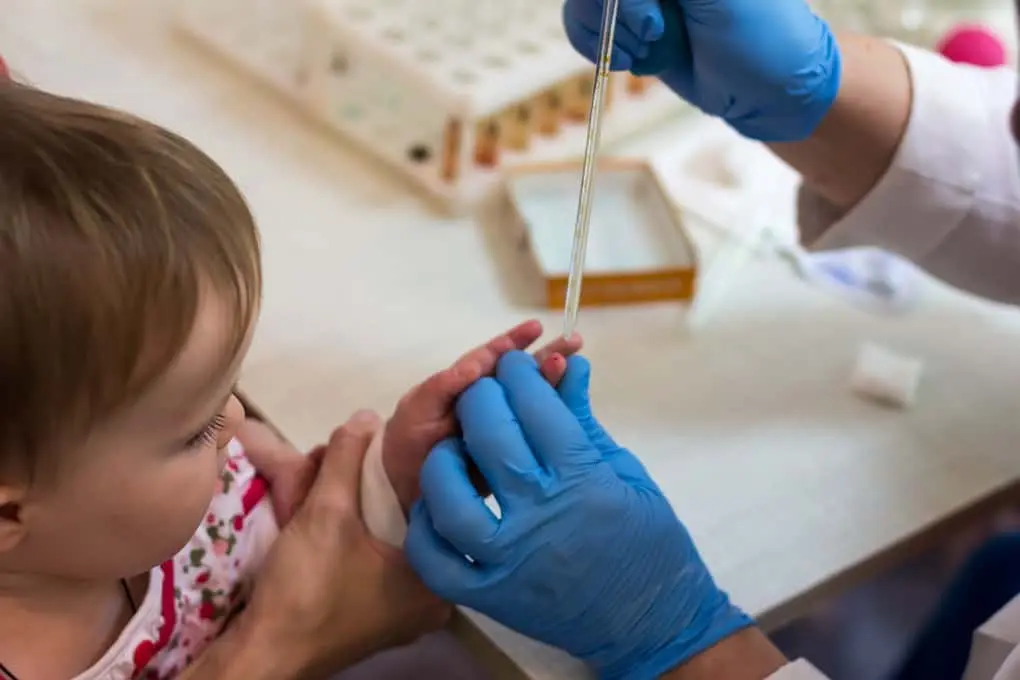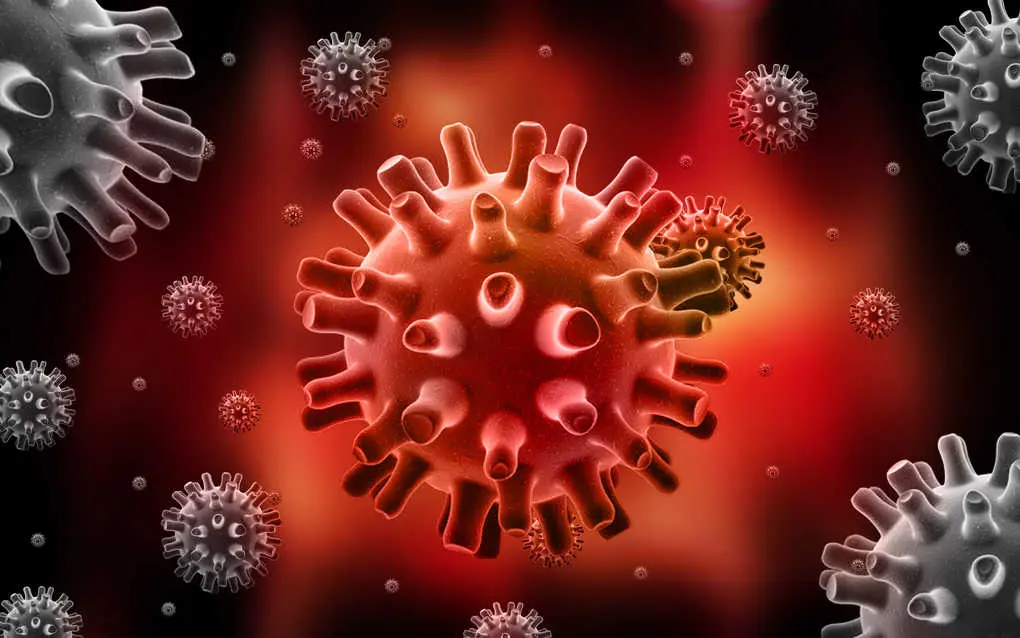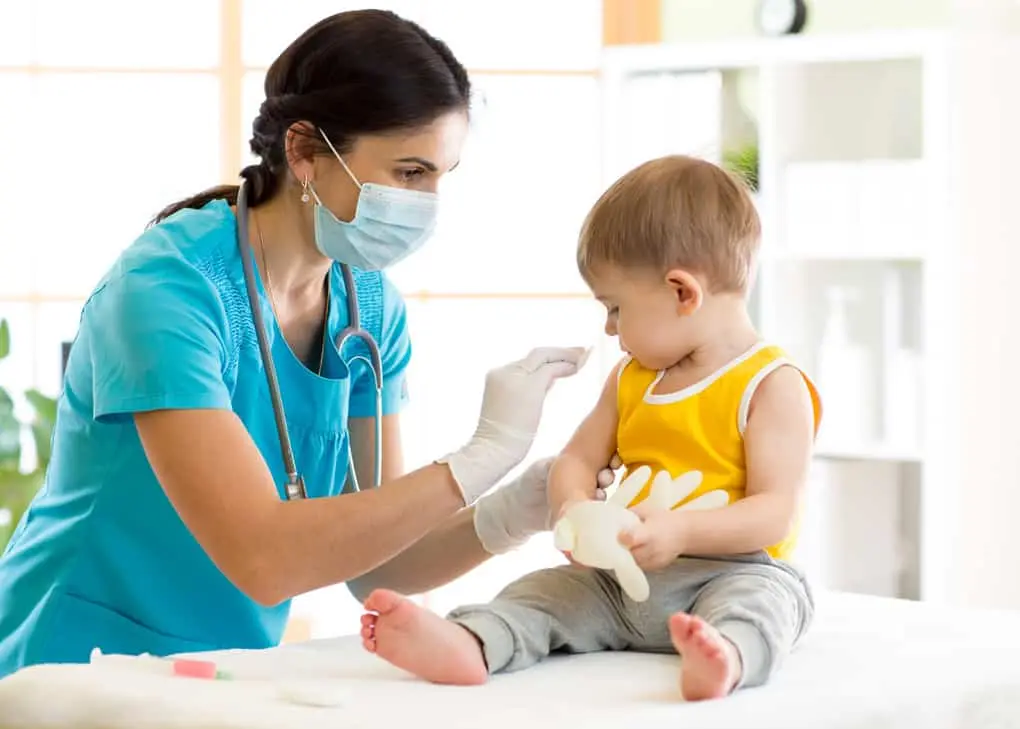Contents
- 10 Prescribes homeopathic medicines
- 9. Performing inspections without gloves
- 8. Prescribes “immunomodulators”
- 7. Prescribes probiotics along with antibiotics
- 6. Recommends expectorant for children under 2 years of age
- 5. Diagnose “VVD” and “dysbacteriosis”
- 4. Does not consult with colleagues when making diagnoses
- 3. Corrects nutrition without analysis
- 2. Attributes the cause of the disease to herpes viruses
- 1. Communicates rudely or dismissively
Parents see in a pediatrician a person who can be trusted with their beloved child. He is trusted almost on a par with grandparents. But is it worth trusting a pediatrician so much? After all, any doctor is, first of all, an ordinary person, and people make mistakes. It’s great if you get a real specialist in your field, but some doctors are worth running away from. From the article you will find out whether you got a good pediatrician or not. If any of these points are familiar to you, change your doctor.
10 Prescribes homeopathic medicines

Homeopathic medicines are prescribed to each patient separately, and not because of any disease. We are all used to thinking that medicines belong to something specific: for example, antiseptics, painkillers, etc. But homeopathic medicines do not belong to one area of action, since they affect the entire body. No, they do not cause direct harm to health, but they can cause unpleasant consequences in the future.
Conclusion: traditional treatment with homeopathic medicines should not be replaced. Moreover, their effectiveness has not been proven.
9. Performing inspections without gloves

When you bring your child to a doctor’s appointment, make sure that he follows the rules of hygiene. Such quite normal actions, like washing hands with soap, using gloves when examining a child, are somehow ignored by our doctors. Perhaps they think that their hands are very clean, and they do not need to be washed or put on gloves, but we do not know what the doctor did during the day, what things he took on. Both nurses and pediatricians must comply with hygiene rules, if this does not happen, this is wrong, decide for yourself what to do in this situation.
8. Prescribes “immunomodulators”

Doctors like to prescribe means to maintain immunity: for example, it can be echinacea extract, as well as immunomodulators: Aflubin, Viferon, etc. Are these drugs safe? After all, immunomodulators for a baby start the process of producing those substances that do not help fight the virus. This depletes the child’s immunity. In addition, their effectiveness has not been proven. Unfortunately, parents themselves do not know what is best for their child, so they fully trust the doctor.
7. Prescribes probiotics along with antibiotics

When taking antibiotics, according to the data, 11-40% of children develop intestinal disorders. Usually they are not accompanied by fever or other symptoms. In this case, there is no need to prescribe probiotics to the child. These are drugs and they have side effects. In no case should you give them to a baby with an immunodeficiency or with viral acute diseases, because the body can react badly to them. Therefore, it is better to avoid probiotics.
6. Recommends expectorant for children under 2 years of age

Expectorants should not be given to children under two years of age. In 2010, they were banned in France due to the fact that children from mucolytics had complications in the respiratory system. Also, children are not recommended to give colds, they can lead to serious complications. From a cough, it is better to use a drug without chemicals, for example, Prospan is a herbal preparation. If your pediatrician prescribes this herbal remedy, listen to him. Often, colds go away without the intervention of medications.
5. Diagnose “VVD” and “dysbacteriosis”

Dysbacteriosis (in other words – dysbiosis) is a myth. In leading countries, such a disease has never been heard of. Even in the normative document of the Russian Federation “Diseases of the digestive system” dysbacteriosis is not mentioned, which should be taken into account by all our doctors. But there is a violation of the microbial balance. The same applies to VVD – symptoms occur secondarily after an illness (or several). If your doctor makes the diagnoses mentioned above, then this does not mean anything other than his incompetence.
4. Does not consult with colleagues when making diagnoses

How can you tell a good doctor from a bad one? The bad one thinks about how to quickly go home after a working day, and the good one puts his soul into work, loves it and takes care of the health of his little patients. The hallmark of a good hospital is a close-knit team, doctors who consult with each other. If in difficult situations the doctor counts only on his opinion, refusing to seek help from his colleagues, this signal should excite you. A good doctor tries to help the patient and will not refuse advice. Due to the fact that pediatricians interact poorly with each other, mistakes can be made.
3. Corrects nutrition without analysis

Often in babies in 60% of cases in the 1st year of life, allergic dermatitis appears on their skin, and up to 5 years there are already more cases – 90%. A rash on a baby’s body can appear for various reasons, the most common rashes are: measles, prickly heat, chickenpox, scarlet fever. Rashes are not accompanied by fever. For example, food allergies can only be detected through tests to prescribe the right diet. If the pediatrician does not send you and your child for tests, adjusting the diet on your own, it may be ineffective.
2. Attributes the cause of the disease to herpes viruses

How to determine that the doctor is only delaying the treatment of the child? If you brought your baby to a doctor’s appointment, and he refers to the herpes virus to explain the malaise, this is wrong. The virus itself is very rarely the cause of any disease, but it carries a danger, of course, it must be treated. But your child’s illness is related to something else. A pediatrician who is not sure of the diagnosis gives a referral for such tests: CMV, EBV (varieties of the virus).
1. Communicates rudely or dismissively

If the doctor is a professional, then he will always be polite and communicate well with a small patient and his parents. Yes, each of us has different conditions, but the doctor came to work, which means that all problems should be left behind. Politeness and kindness are important qualities of a good pediatrician. From his words and touches, the child should not calm down, but at the doctor’s appointment he should be most comfortable. But if your baby is worried every time when approaching the office, and you already know in advance that you will be treated with disdain, you have the right to doubt his qualifications and draw your own conclusions.










